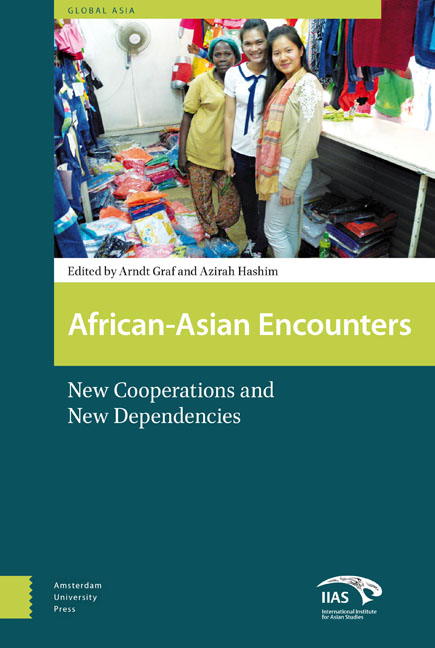7 - South Korean Civic Actors in Rwanda: Promoting Rural Development and an Emerging Civil Society in Contexts Controlled by the State
Published online by Cambridge University Press: 28 January 2021
Summary
My dream is to see the second Korea emerge in Africa. Korea will accompany Rwanda on its journey.
– South Korean ambassador, April 2013There are things I admire, for example, about South Korea or Singapore. I admire their history, their development and how intensively they have invested in their people and in technology. It was not so long ago that they were at the same level of development as we are. Today, they are far ahead of us.
– Paul Kagame in Der Spiegel, 2010There is no Korean way. The best Korean way is to find a Rwandan way.
– South Korean NGO representative, May 2013Introduction
As an ‘emerging power’, South Korea has designated Rwanda – eager to implement an ‘East Asian model’ of economic and social development – as one of its partnership countries in Sub-Saharan Africa. A relative newcomer in providing official development assistance (ODA) to Africa, Korea aims to share its experience in rural development, ICT and technical and vocational education and training (TVET) with Rwanda. Regarding the first, Korea is piloting its Saemaul Undong (New Village Movement) programme, originally designed to modernize Korean rural areas in the 1970s, based upon the three slogans, ‘diligence’, ‘self-help’, and ‘cooperation’. These seem to resonate particularly well with the development ambitions and programmes of the Rwandan government, like umuganda – the monthly community service that all Rwandans are required to participate in – and the Agaciro Development Fund – a solidarity fund to promote the financial independence of Rwanda.
Saemaul Undong is implemented in Rwanda involving a large number of Korean development actors like the Korea International Cooperation Agency (KOICA), World Friends Korea (WFK), the Korea Saemaul Undong Centre, and Korean civic organizations like Good Neighbours International (GNI) and Global Civic Sharing (GCS). Especially for these Korean civil society actors, promoting rural development and an emerging civil society in rural Rwandan contexts is challenging as their activities are strongly shaped and controlled by Rwandan and Korean state actors. While this frequently means walking a tightrope, at the same time, there are signs that spaces are opening up to promote dialogue and participation since, among other things, Korea is not associated with colonialism.
This chapter focuses on the opportunities and challenges faced by Korean civic actors in Rwanda.
- Type
- Chapter
- Information
- African-Asian EncountersNew Cooperations and New Dependencies, pp. 183 - 216Publisher: Amsterdam University PressPrint publication year: 2017

